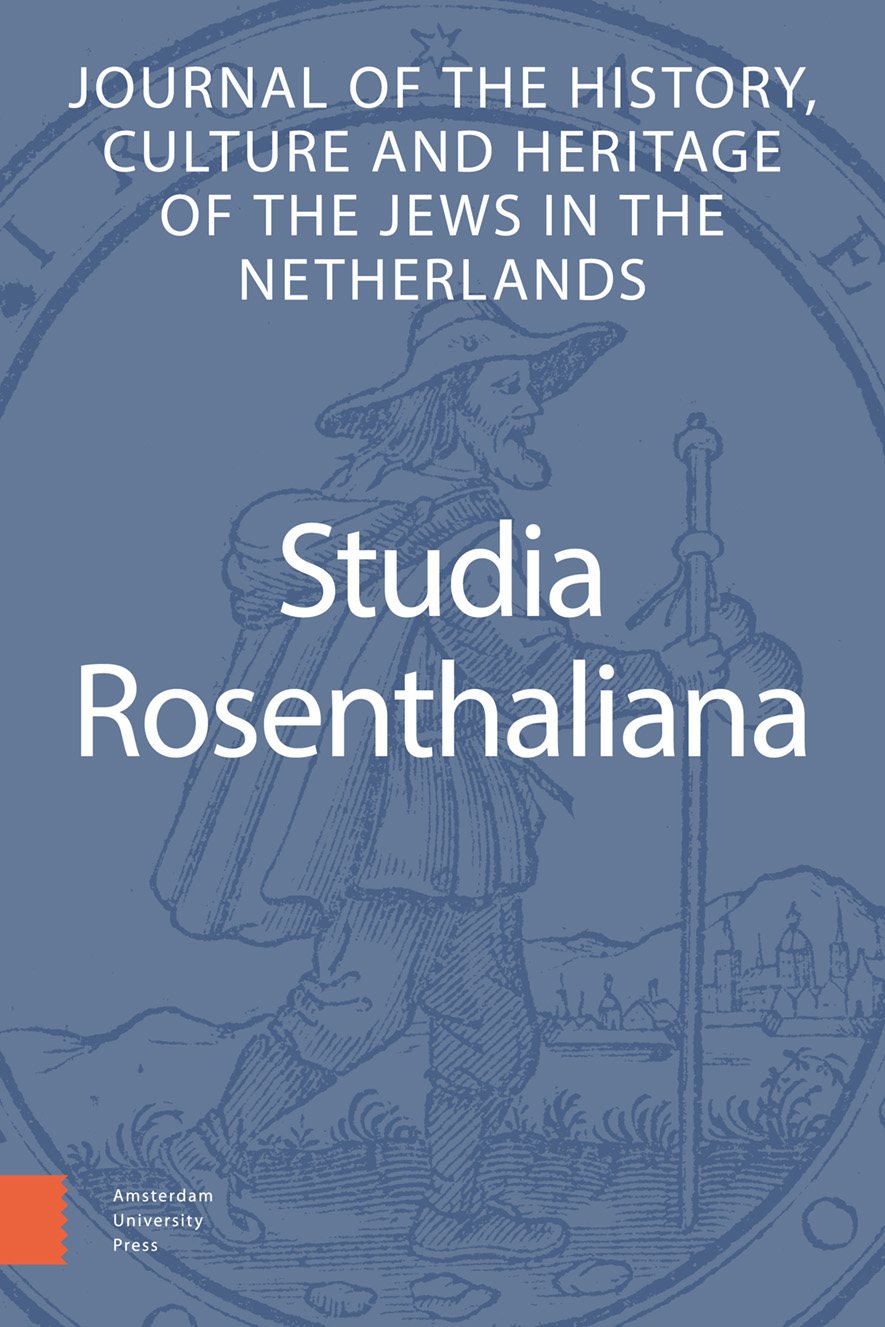-
oa Dutch Jews in the Imperial Space: The Social Mobility and Integration of Jewish ‘Indies travellers’, 1870-1940
- Amsterdam University Press
- Source: Studia Rosenthaliana, Volume 49, Issue 1, Oct 2023, p. 96 - 118
-
- 01 Oct 2023
Abstract
From the last decades of the nineteenth century, Dutch Jews increasingly moved to the Dutch East Indies, which at this time were opened up to individual citizens to pursue a career. Members of the Dutch political, financial, and cultural elites were overrepresented among the (Jewish and non-Jewish) ‘Indiëgangers’, or ‘Indies travellers’. Colonial society provided Jews with novel opportunities, as their Jewish background seemed to matter less than their Dutch citizenship, their education, their occupational position, their connections, their wealth, or the colour of their skin. This article sheds light on the meaning of this imperial dimension for Jews in the pre-war Dutch East Indies, by analysing the patterns of upward social mobility and integration of 38 Jewish migrants whose lives were recorded in the Dutch Biography Portal. These Jews were well-represented in traditional occupations, but they also attained important positions in the colonial civil service. Compared to their counterparts who did not migrate, they were less likely to be religious Jews or members of Jewish organisations. They were more often married to non-Jewish, as well as non-religious, spouses. High levels of integration did not, however, protect these Jewish migrants from antisemitism, particularly directed at those who supported Indonesians’ rights.


